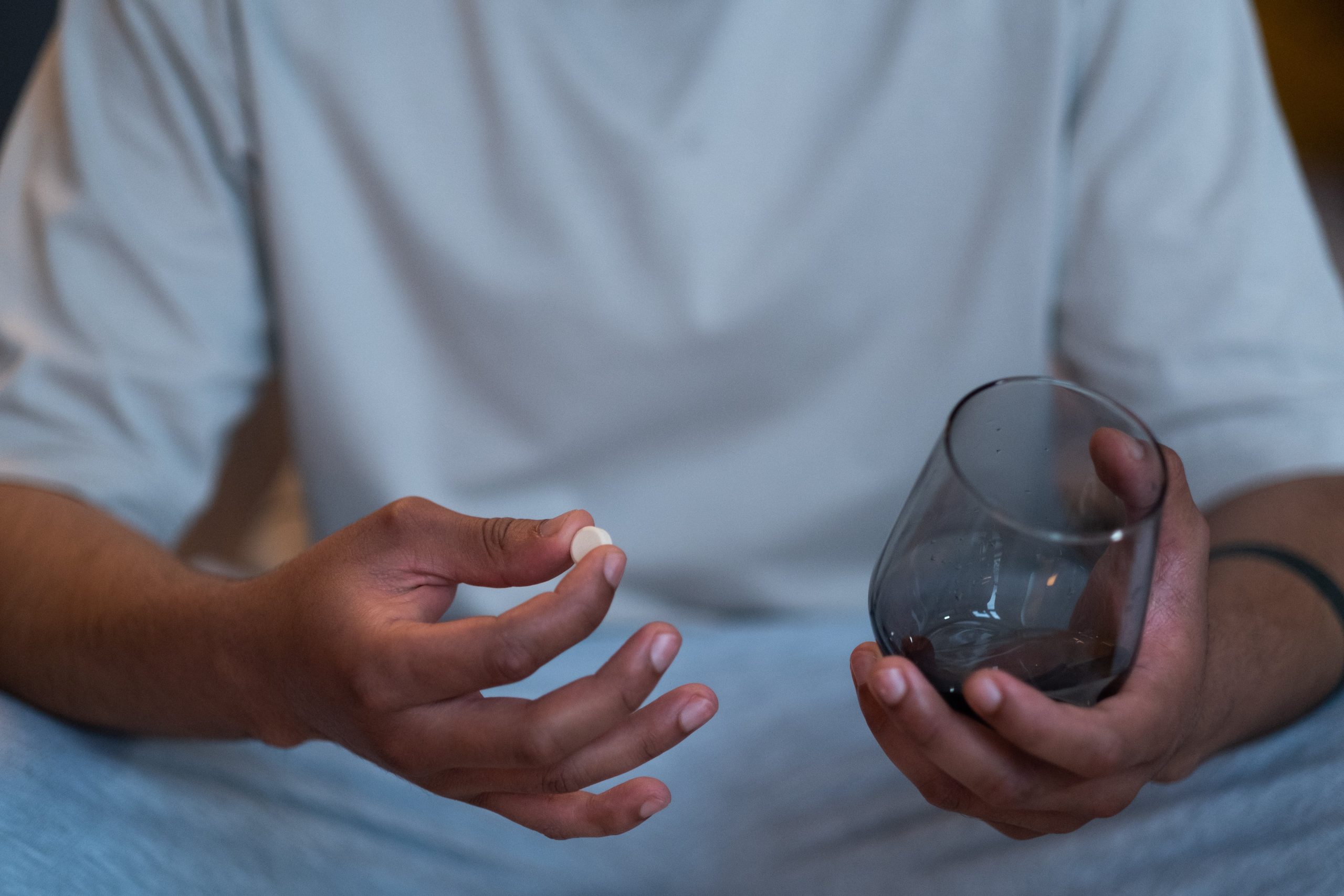Antibiotics, such as those that make you better and let you leave the hospital at last, are an important aspect of our lives. Of the wide range of antibiotics on the market, one stands out as particularly versatile – Doxycycline. This comprehensive guide will dish out the nuts and bolts behind Doxycycline that many healthcare professionals rely on worldwide for their curative powers.
Doxycycline: The Versatile Antibiotic
Have you ever wondered where Doxycycline came from and how it was developed? If you have, you may be surprised to learn that the history of this antibiotic goes back decades. Doxycycline is made from tetracycline. It was discovered first during the 1960s, and since then has been turned to for many medical conditions.
Speaking chemically, Doxycycline belongs to the tetracycline family of antibiotics. This genus’s special configuration allows it to reach a broad range of bacteria, both gram-positive and -negative. This flexibility has made it very useful in the world of medicine.
In-depth Examination of its Broad-Spectrum Capabilities
Doxycycline is truly versatile in that it can combat a variety of diseases and infections. This antibiotic targets a wide range of pathogens through its broad-spectrum coverage, so it is right for nearly every type of medical condition.
With respiratory tract infections, it is Doxycycline to the rescue. It has been effective for treating many forms of pneumonia. Doxycycline provides relief no matter whether you have community-acquired pneumonia or atypical pneumonia.
Moreover, Doxycycline has been found useful as an agent to control chronic bronchitis. The anti-inflammatory properties of Doxycycline are of help in alleviating symptoms, and promoting healing, so it is an important aid in this often-persistent condition.
There is yet another area where Doxycycline works wonders–and that is acne. This antibiotic targets bacteria responsible for acne outbreaks, and eliminates redness and inflammation there. For those with perpetual acne, Doxycycline provides hope of a better complexion.
When it comes to rosacea, another condition of the skin one benefiting from Doxycycline is. The face becomes red and flushing in response to the chronic inflammatory disorder that affects many people. Doxycycline decreases inflammation and treats the symptoms, thereby enhancing the quality of life.
Doxycycline is not just good for skin problems; it can even combat tick-borne diseases and malaria. When Lyme disease hasn’t gone beyond its early stages, Doxycycline is a crucial tool in fighting the infection and preventing more severe complications. This is why prompt diagnosis and treatment is essential.
Fever, headache, chilliness and severe illness begin suddenly.. caused by kaleidoscope of malaria parasite that bites people without giving the least notice Doxycycline also helps prevent this potentially deadly disease. Doxycycline can protect against malaria as a prophylactic in regions where the disease is prevalent. With this powerful drug, people can enjoy their travels without worrying about falling ill to malaria.
Factors to Consider: Dosage, Side Effects, and Precautions
Before starting any medication, understanding the recommended dosage, potential side effects, and necessary precautions is imperative. This holds true for Doxycycline as well, ensuring you can use it safely and effectively.
Ranging Recommended Dosages for Various Diseases
When it comes to Doxycycline dosing, it’s essential to observe doctors’ instructions. Depending on the exact malady, the dosage is appropriate for A patient may be an adult or child. Dealing with doctors can help you determine the right dose for your situation.”
Potential Side Effects and Contraindications
Doxycycline is actually pretty safe and tolerable, but you need to be aware of potential side effects that it can have. The most common symptoms of this kind are gastrointestinal, such as nausea, diarrhea. If you experience any of these symptoms, then asking your healthcare provider may alleviate your discomfort and find the best action to take.
When taking Doxycycline into account, another factor to keep in mind is photo-sensitivity. Meaning that your skin will become even more sensitive to sunlight, and the chance of sunburn greater. Taking protective measures like wearing clothes to block the UV rays and using sunscreen may diminish this danger, allowing outdoor activities to continue unthreatened.
Interactions and Precautions
Like any other drug, Doxycycline could potentially interact with other drugs… it is important to tell your health care provider about all prescription and over-the-counter medicines you take, as well as any herbal supplements used, in order to avoid harmful reactions.
Certain populations require special precautions when using Doxycycline. Then, pregnant women should weigh the potential benefits against taking this medication with their healthcare provider. For those with liver or kidney disorders, the dose may need adjusting or an alternative treatment option suggested altogether to avoid causing further harm.
Conclusion
Doxycycline is such an effective antibiotic that its effectiveness is easily seen in its broad range of cures. Skin infections, respiratory ailments, and tick-borne maladies as well as malaria yield to this mighty antibiotic. Yet always keep in mind that antibiotics should be treated as drugs and taken in accordance with medical advice.
If you think Doxycycline might be a remedy for your condition; it is important to seek the advice of your health advisor to find the best approach. If with your assistance patients can safely, responsibly and effectively doxycycline; then your health journey will lead to success.

